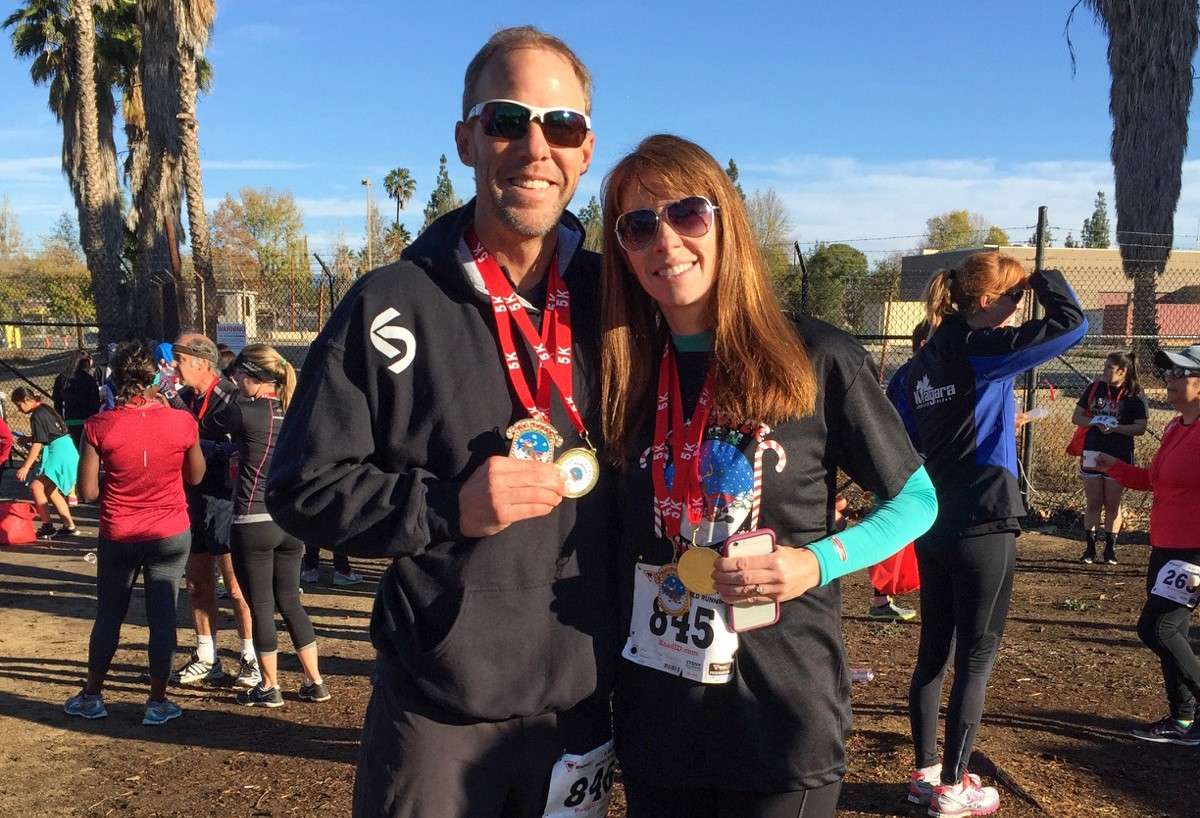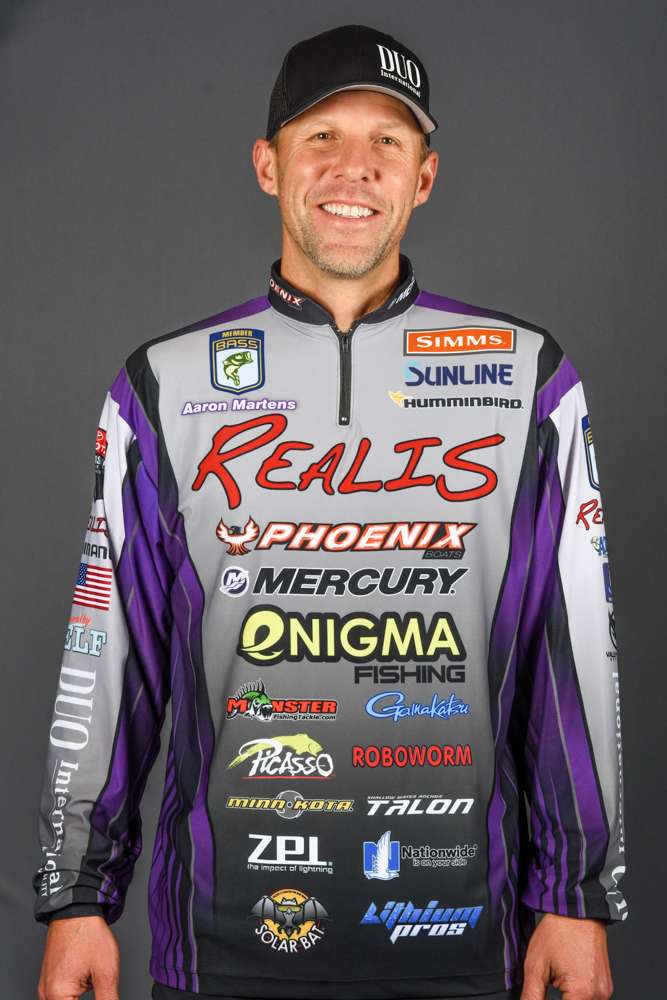
One of the most important things to happen to me in my professional tournament fishing career occurred in a place that might surprise you. I was on a mountain bike somewhere between Tampa and Daytona Beach, Fla.
Let me explain.
Some of you may already know that I’m a pretty serious runner. I try to run at least two times a week during the Bassmaster Elite Series season, usually 5 to 6 miles at a time, and I feel like 15 miles is a good week for me. I wish I could run 30 miles a week, but I never seem to have time for that during the hustle of the season.
I wasn’t always a runner, though. I played a lot of volleyball into my late teens, worked out a lot with weights until about my mid-20s, jogged a little bit and mountain biked 10 to 12 years ago in my early 30s, but running was never a part of my everyday lifestyle.
That is, until the 2010 Ragnar Road Race in Florida.
My wife Lesley had taken up running as a means to keep up her health and strength, and she and some of the wives of other Elite Series anglers – Brent Chapman’s wife Bobbi, Todd Faircloth’s wife Angie, Randy Howell’s wife Robin, etc. – decided that they wanted to run the Ragnar Relay, which is this cool overnight road race where you run as a team, with each person running three legs.
It’s a serious run, too: 200 miles altogether from Tampa to Daytona Beach.
That first race in 2011, I took my mountain bike and escorted some of the girls along the course of the race. They ran a bunch of night legs in some desolate areas, so I peddled along with them to keep them company and help them feel safer.
Watching them run that race was really fascinating. I watched them run the streets, paths and highways of Central Florida, watched the way Lesley ran her three legs, and I found it totally inspiring. Lesley ran her legs really, really strong – 8 minutes a mile or less – and she ran some long 5-, 6-, and 7-mile legs. It really motivated me.
Not long after that, at the age of 38, I got serious about running. I had seen the benefits to Lesley’s health, had seen her become stronger and healthier, so it was a no-brainer. It was also the best thing I could’ve ever done for my tournament fishing career.
The difference between fishing and fitness
Let me make this clear: standing on a trolling motor all day, day after day, is not good for your body. Blasting across 4-foot waves in a bass boat is not good for your body. Virtually none of the things we do as professional anglers are beneficial to our backs, our legs, our arms, our necks, our shoulders. I hear some people say, “You’re getting a workout while you’re fishing!” That’s true to a point, but we’re working out all w-r-o-n-g.
Leaning most of your weight on one leg (in flip-flops!) might indeed exercise the muscles you use for stability, but not in a beneficial way. None of those movements are natural. You’re actually damaging your body.
It wasn’t easy when I first started getting serious about my running. I felt awkward, I was out of shape, and I really didn’t know how to run properly. When we’re kids, we can just take off running and run all day, and it’s just fine because our bodies are flexible and healthy. As an adult, I found that I had to do some research on the best way to run so I wouldn’t get injured.
Lesley was really helpful with this – when she decides to do something, she always tries to do it the right way, so she had researched running cadences, how you’re supposed to step, the proper form, where your feet are supposed to land, etc.
Once I started doing it right and got past the first few weeks of being sore and tired, I started to feel the benefits of running almost immediately. I find that I almost never feel fatigue now, despite the fact that I don’t sleep nearly enough during the season. I feel that my mind is sharper and I’m more focused, because, let’s face it, it’s hard to be mentally focused when you don’t feel great.
Running also makes you more health-conscious in general. You become more aware of nutrition and the way you fuel your body, because you definitely can’t keep up a 15-mile-a-week schedule if you’re not eating properly (more on this in my next blog).
I’m 43 years old today. I’m 6-foot-2, and right around 187 pounds. That’s 30 pounds less than I was when I started running when I was 38. Without a doubt, I’m in the best physical shape of my life, and it’s absolutely benefited me in my career.
How so? Well, in 2013 and 2015 – the years I most recently won Angler of the Year – my average finish in tournaments held in the second half of the season was seventh. I finished in the Top 10 nine times, and my lowest finish was 17th in those late-season tournaments. Some of that is maturity, some of it is the fisheries, but a lot of it is my physical conditioning.
I can see guys getting worn down the later we get in the season, but I actually felt like I get stronger now as the year progresses.
The bottom line is that I feel great. I tell a lot of the Elite guys all the time, “You should start running!” because I know how much it would help them, both on and off the water.
BASSfest at Lake Texoma kicks off the second half of the 2016 season, and I’m ready to push myself as hard as I need to as we continue from there on our northern swing to New York, Maryland, Wisconsin and Minnesota.
In the meantime, I think it’s time to go for a run.


